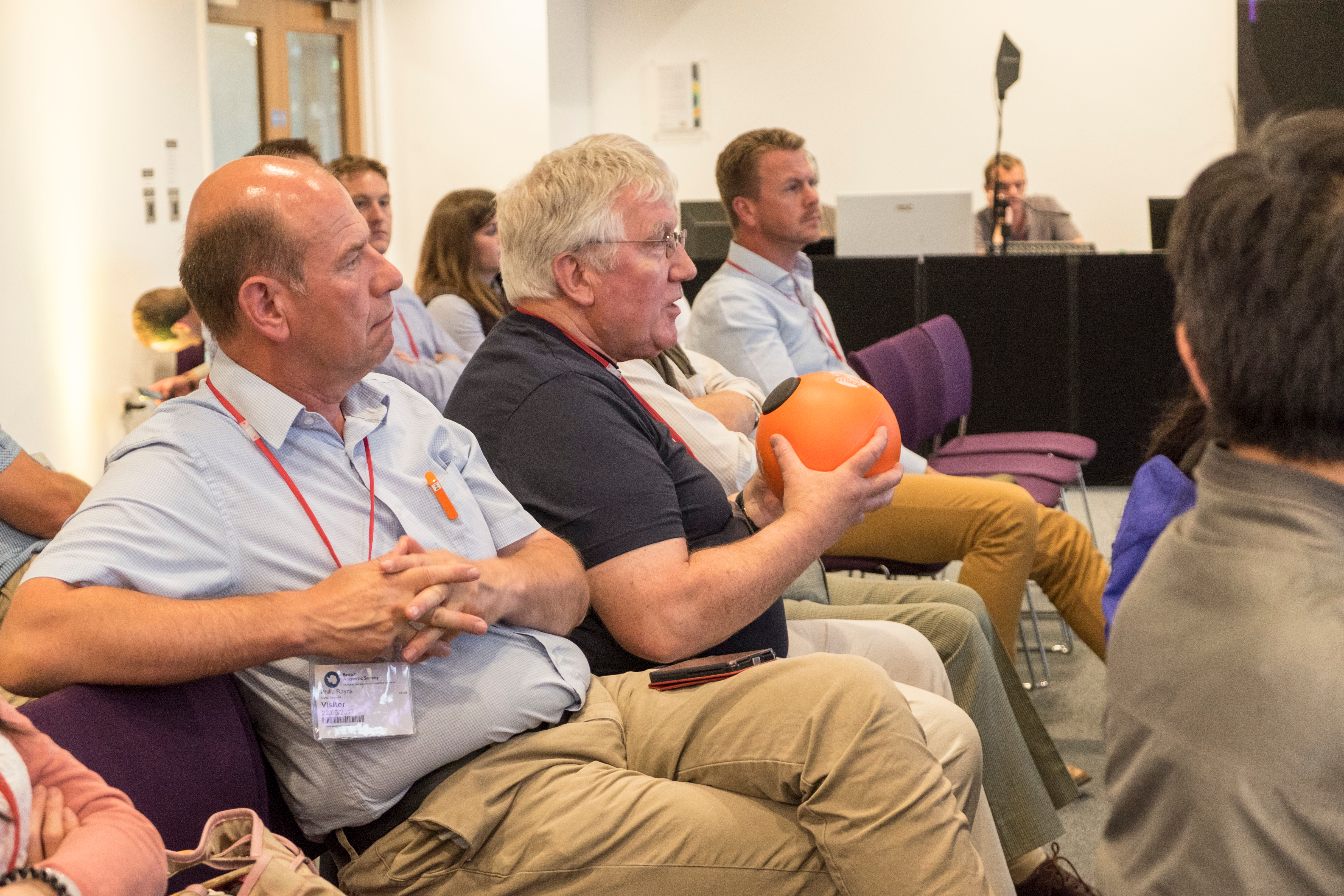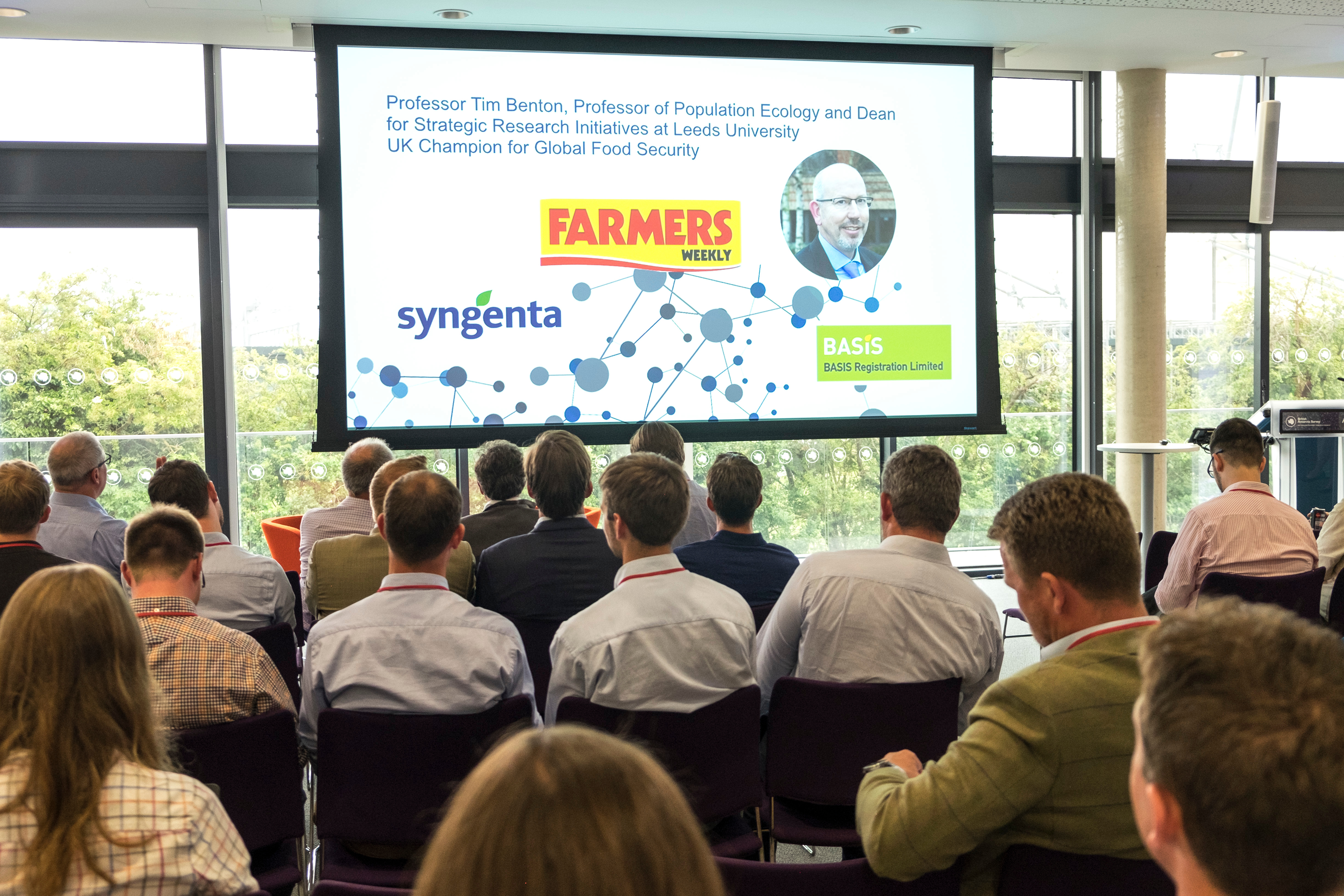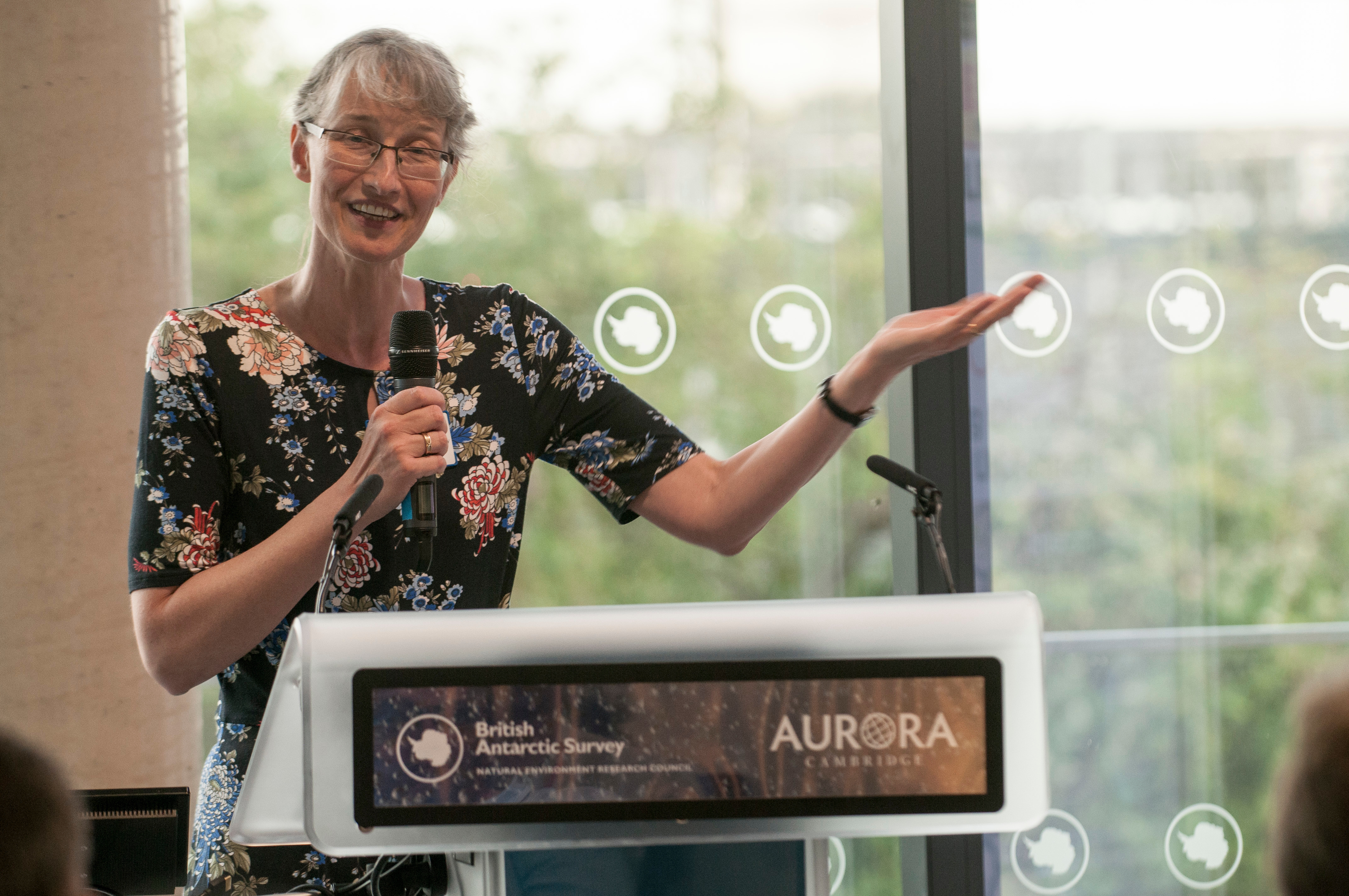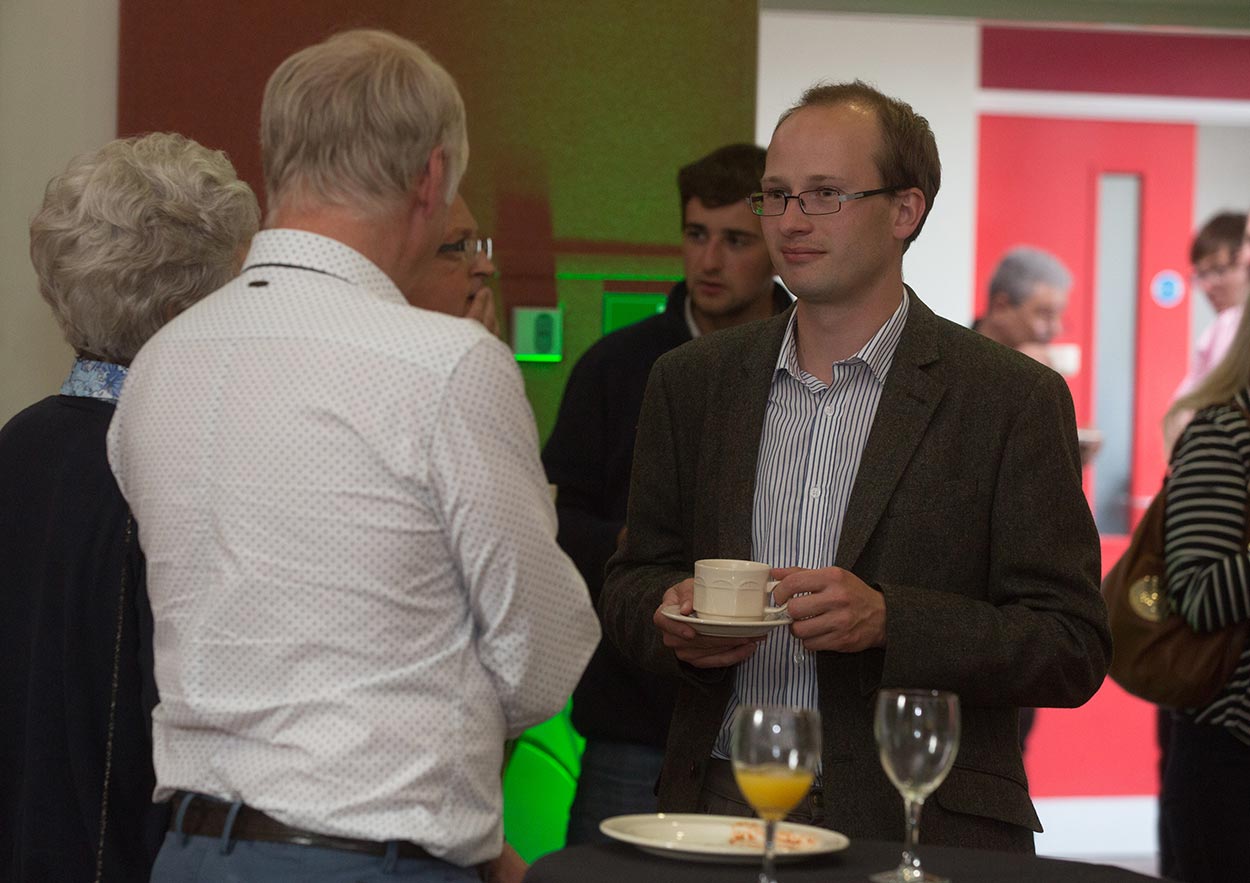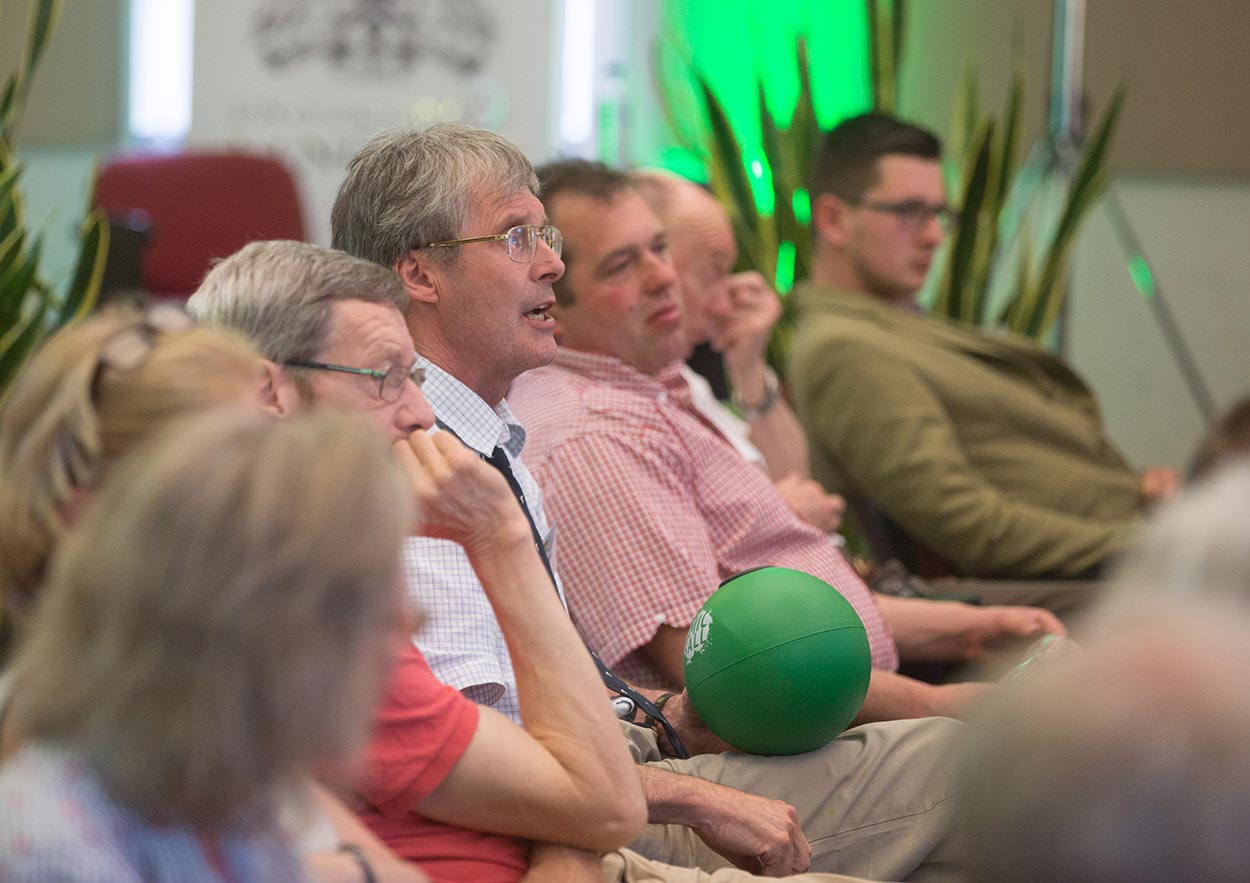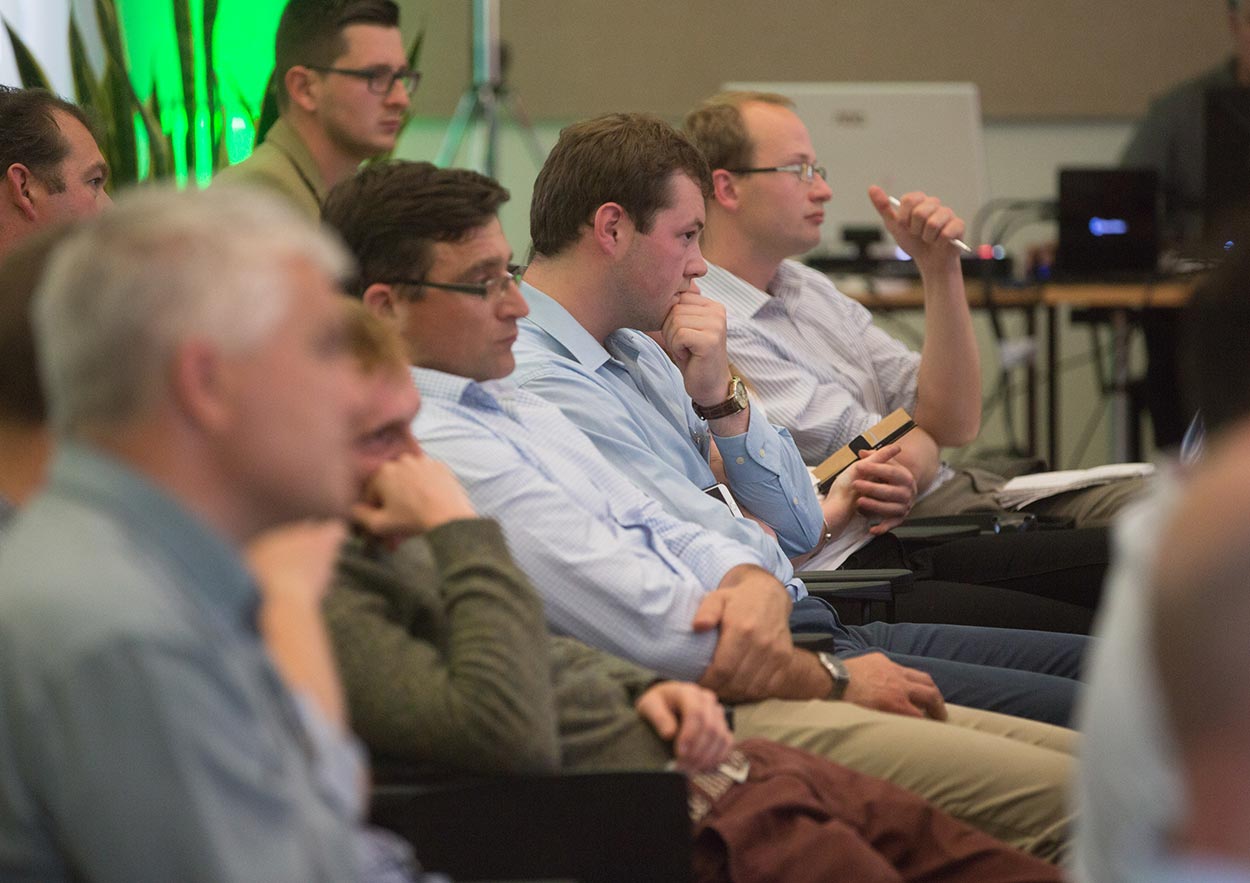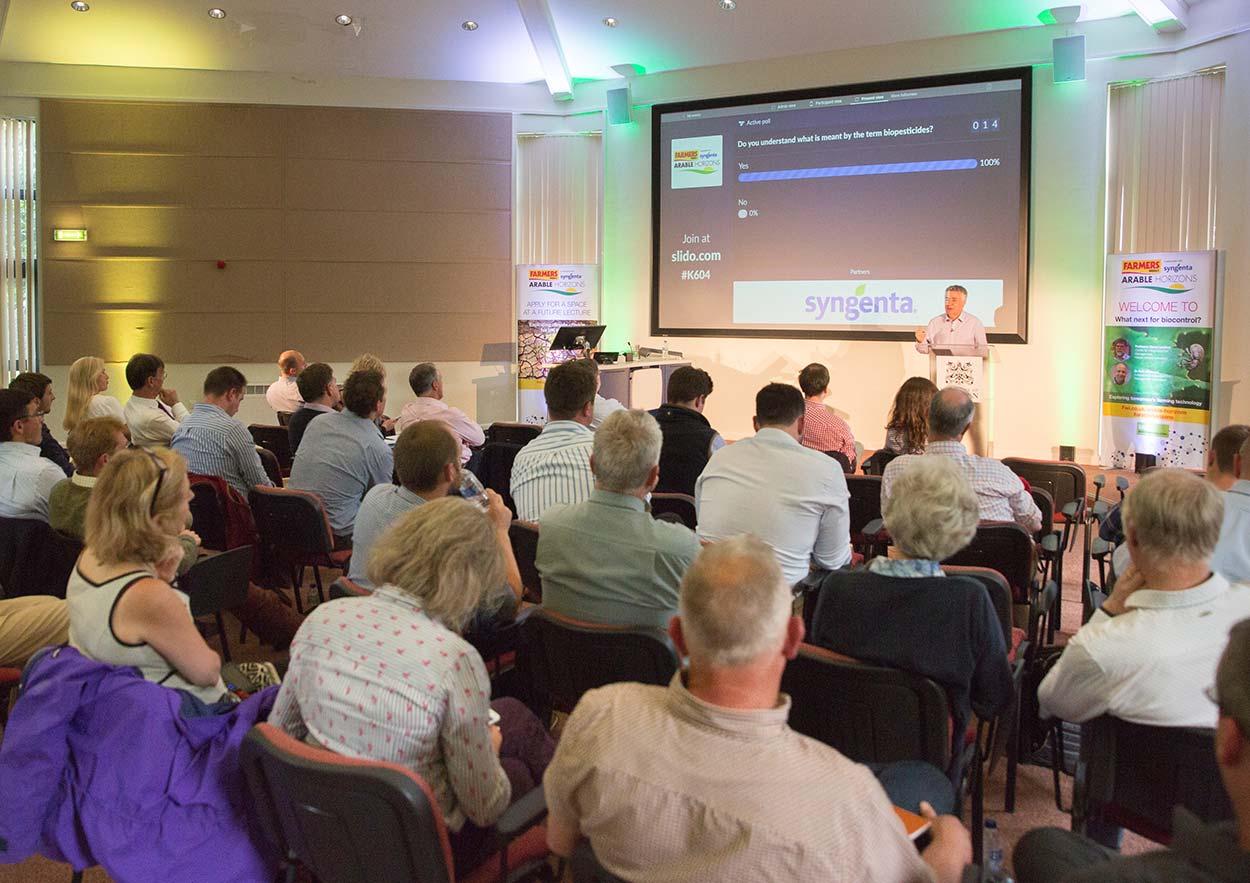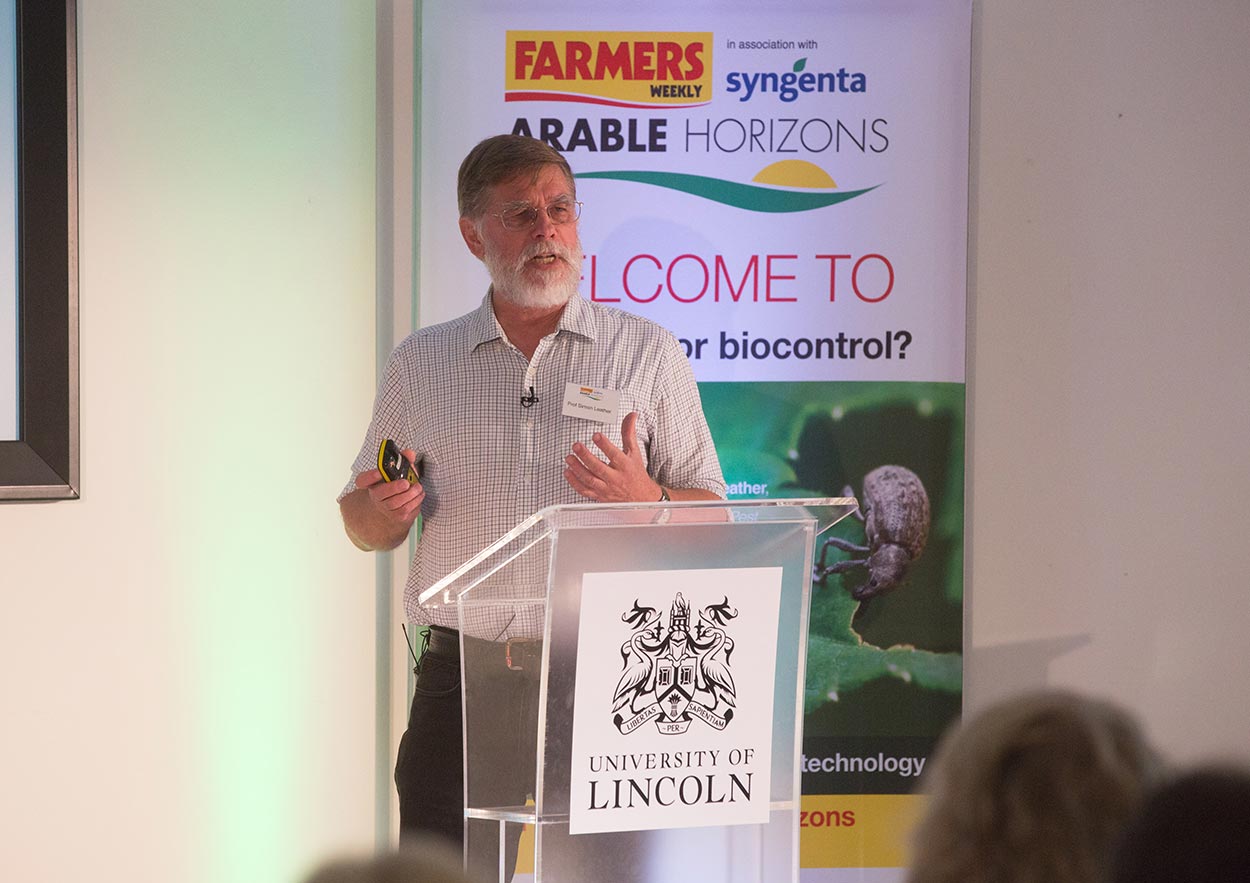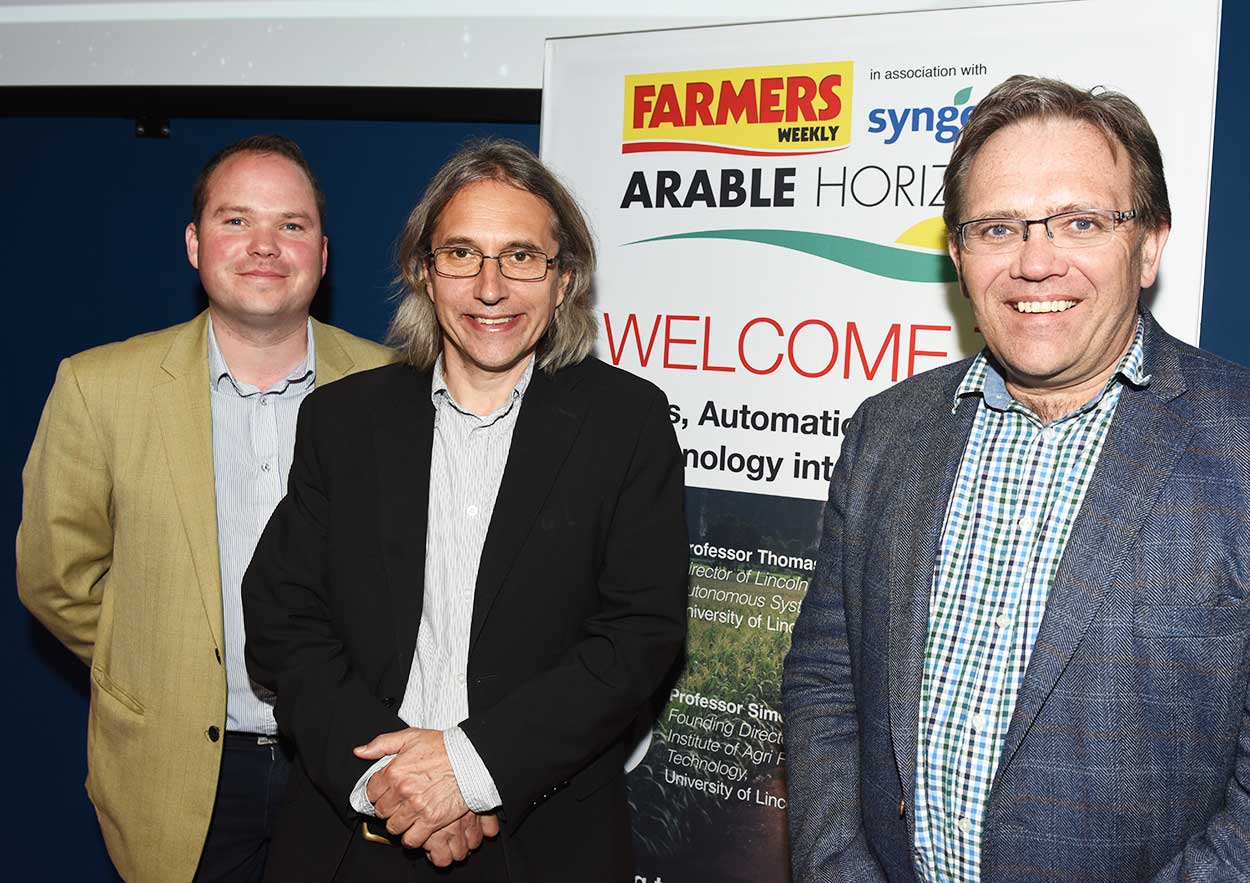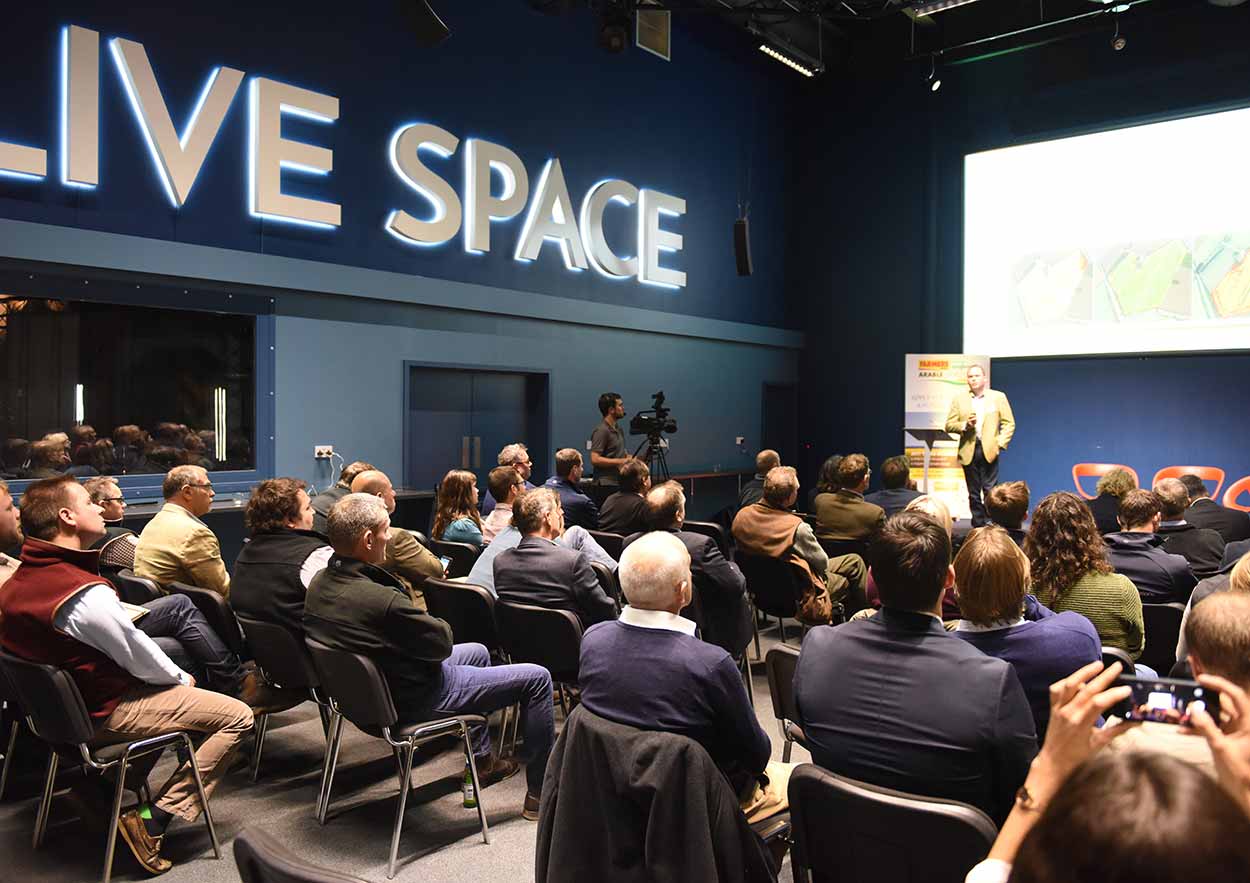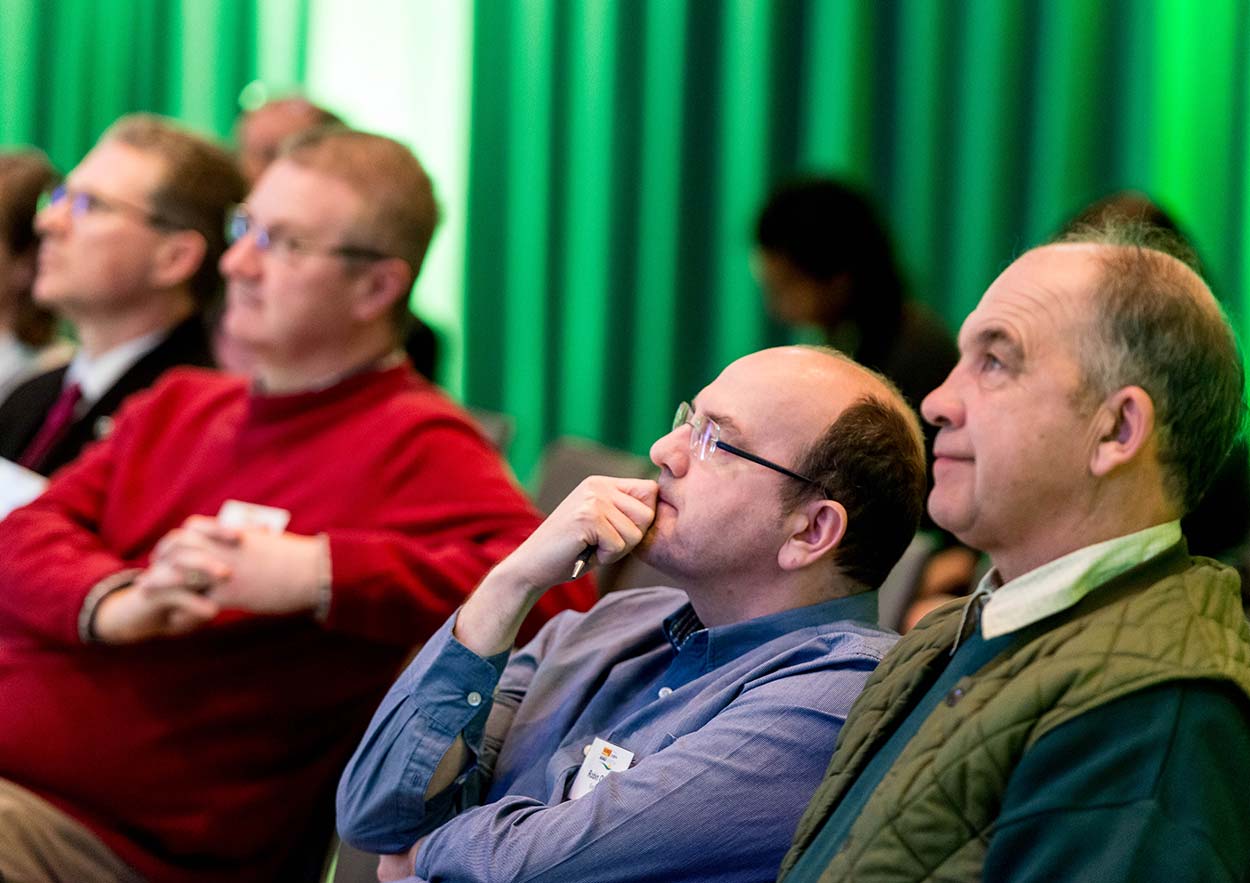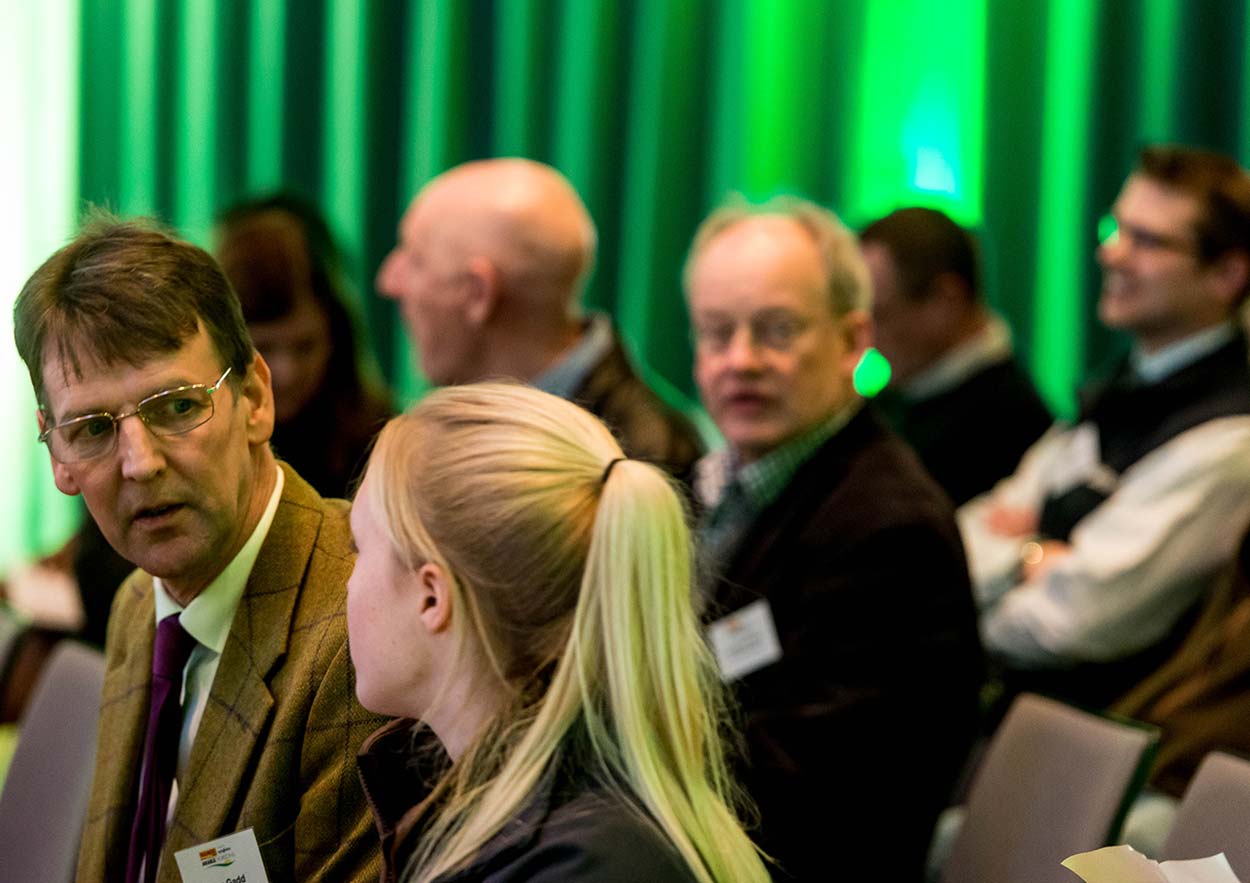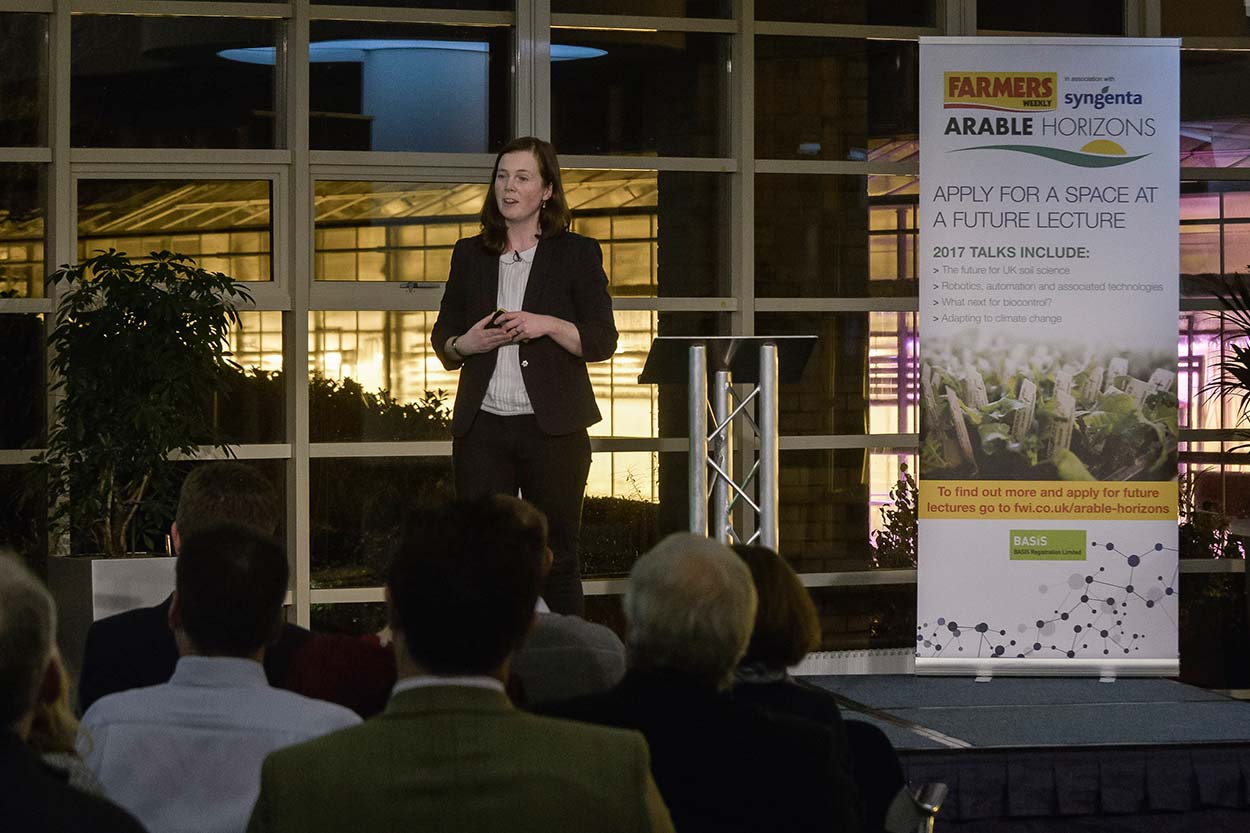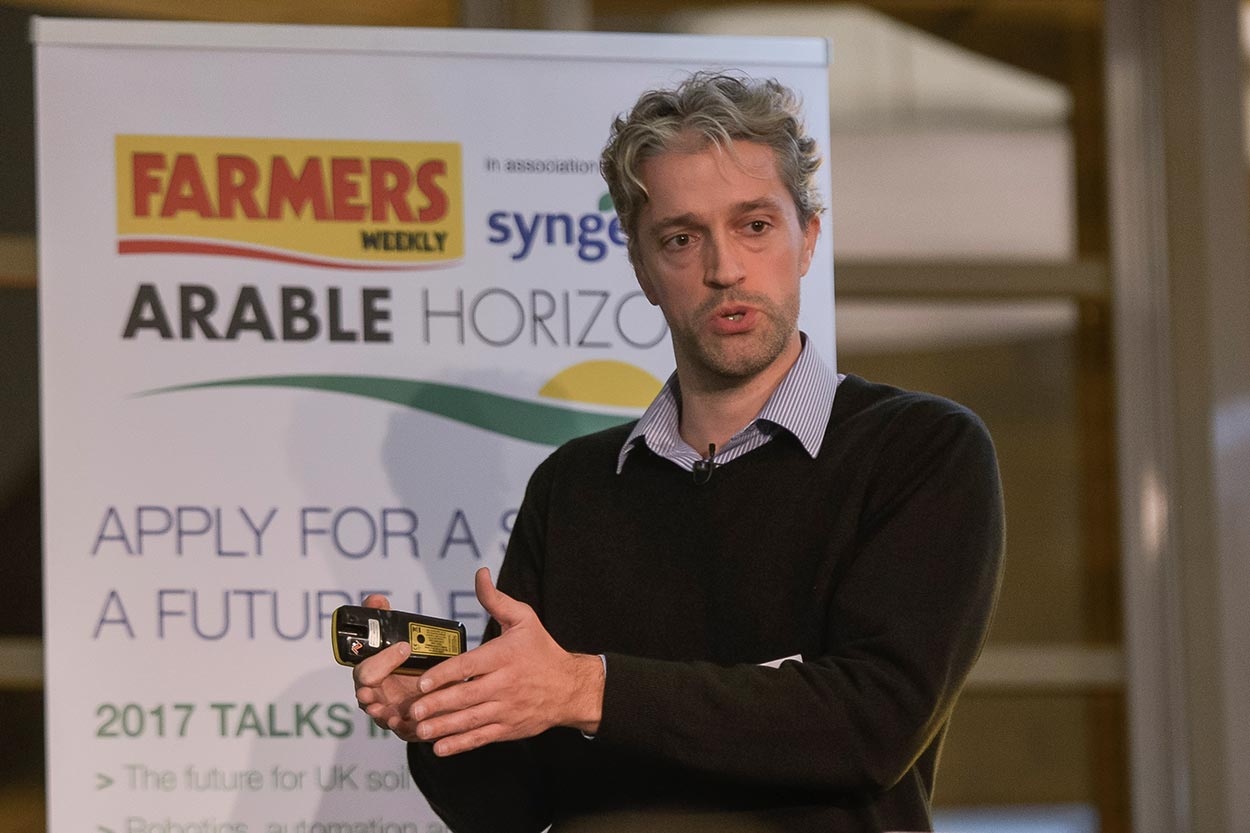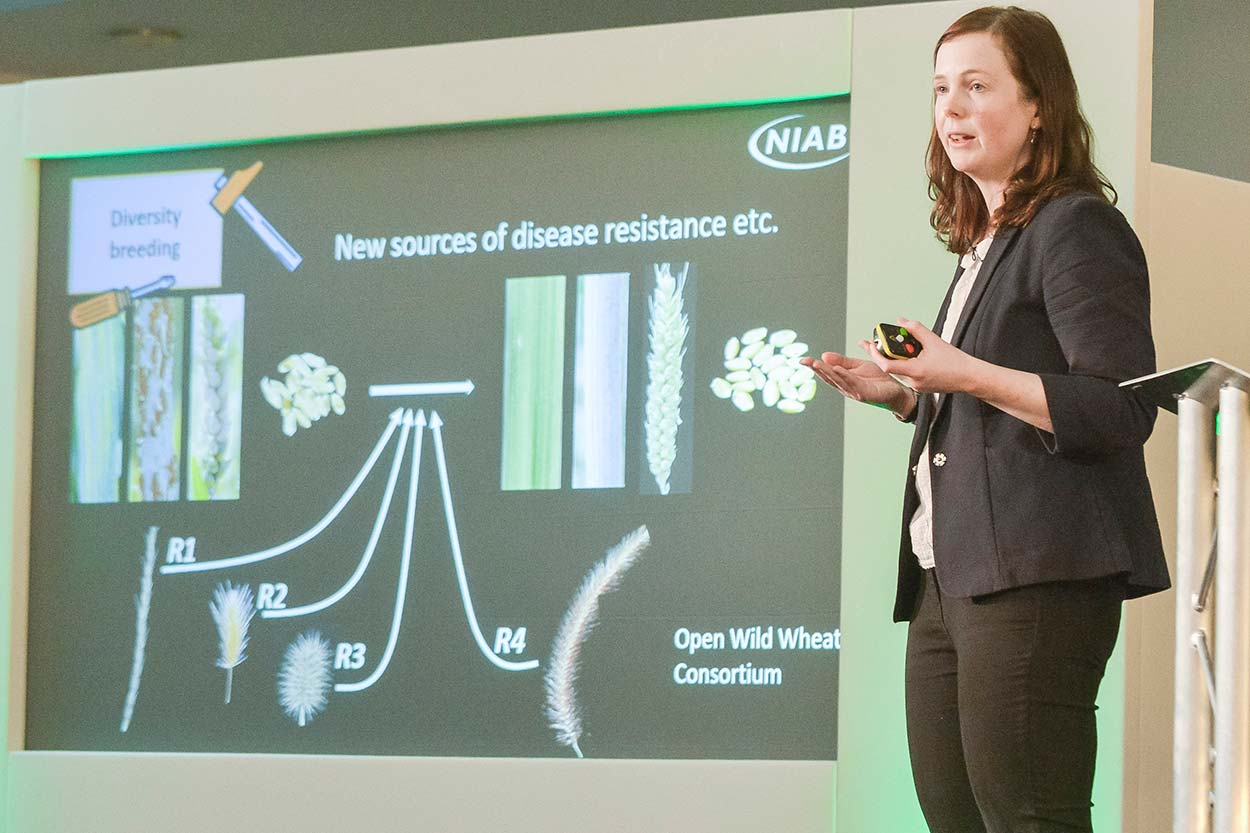Arable Horizons
The Arable Horizons series brought together over 200 attendees at five expert-led lectures that were held throughout the UK to hear from top specialists on what some of the most exciting and innovative research developments were that can revolutionise agriculture over the next few decades.
The series topics include:
- Developments in crop breeding and genetics
- The future for UK soil sceince
- Robotics, automation and associated technologies
- What next for biocontrol?
- Exploiting climate change for UK farmers
Read the coverage from previous lectures
Developments in crop breeding
Arable Horizons: How science is revolutionising crop growing
The future for UK soil science
Arable Horizons: How science and tech could save our soils
Robotics, automation and associated technologies
Arable Horizons: Robotics to benefit arable farmers
What next for biocontrol?
Arable Horizons: Biocontrol – will the holy grail become reality?
Exploiting climate change for UK farmers
Arable Horizons: What climate change means for the way we farm
Sprayer application in the UK

Developments in crop breeding and genetics
Some of the research projects currently in the crop breeding pipeline include vegetables immune to powdery mildew, wheat tailored to your land, and crops with superior photosynthetic abilities.
Gene editing, which allows precision tweaking of specific plant and animal genes, promises big gains for agriculture and possibly without the same degree of opposition that greeted earlier ‘gene swapping’ techniques.
Find out how advances in crop breeding and gene editing could improve the lives of UK farmers in the first talk of this Arable Horizons series.
Date: 17 November 2016
Time: 17.30 – 21.00
Location: Jealott’s Hill International Research Centre, Bracknell, Berkshire
Speaker: Dr Alison Bentley, director of Genetics and Breeding, NIAB

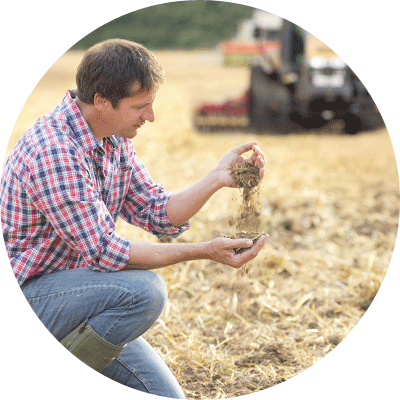
The future for UK soil science
Soil is the foundation on which every arable farmer builds their business. This Arable Horizons talk lifts the lid on the innovations set to deliver the much-needed advances in soil science and technology.
Find out how developments such as new sampling techniques, fresh approaches to tilling and advanced soil management strategies could limit degradation and make the future of farming more secure.
Date: 26 January 2017
Time: 17.30 – 20.30
Location: Rothamsted Research Centre, Harpenden
Speaker: Professor Wilfred Otten, Professor of Soil Biophysics, Cranfield Soil and Agrifood Institute


Robotics, automation and associated technologies
GPS-guided combine harvesters and advanced analytical software are already an important part of many farmers technological toolkit.
But with weed-zapping and fruit-picking bots already on the horizon, what advancements in agricultural robotics will be improving the lives of UK farmers further into the future?
In this talk you will discover how robots and other novel technologies will make UK farming more efficient than ever, while reducing the cost of labour and pesticides.
Date: 26 April 2017
Time: 17.30 – 20.30
Location: National Space Centre, Leicester

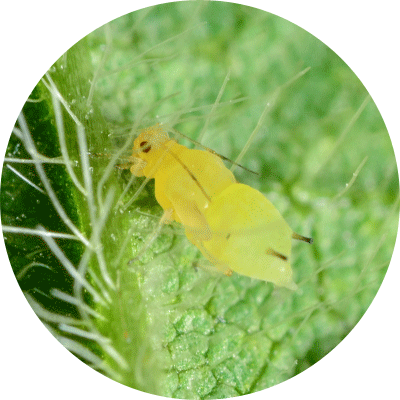
What next for biocontrol?
Although bacteria-based pesticides date back to the 1920s, the role of microbes in farming is set to reach new heights in the coming years thanks to huge research investments.
From pest-busting bacteria to supercharged crop growth, the science of biocontrol is seeking to use beneficial insects and microbes in ways that could improve yields and reduce loses from pests and disease. Find out more in this Arable Horizons interactive talk.
Date: 30 May 2017
Time: 17.30 – 20.30
Location: University of Lincoln


Exploiting climate change for UK farmers
One of the biggest challenges set to impact farmers in the future is the changing climate. Scientists have predicted increasingly long and hot summers and milder, shorter winters for UK farmers.
How can we exploit these changes as opportunities? Longer, more productive growing seasons? Growing more speciality crops? This lecture will examine the implications of a changing climate for British agriculture, what it means for what we grow and how we grow it, and a look at the pioneering research projects facilitating this adaptation.
Date: 22 June 2017
Time: 17.30 – 20.30
Location: British Antarctic Survey, Cambridge


